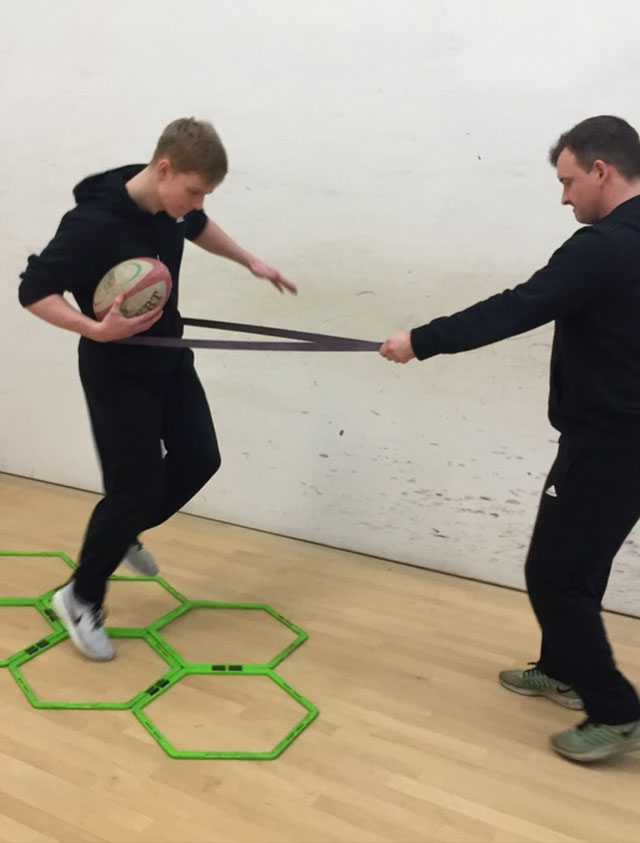Functional Fitness: More Than Just a Buzzword
At MFT Global, our Bootcamps often emphasise ‘functional fitness.’ This term has become a hot topic in the fitness industry, sparking debates about its true meaning and application. Here, we aim to clarify what functional fitness means to us and its significance in our training approach.
Human Structure and Function: The Foundation of Functional Fitness
Our understanding of functional fitness is rooted in the study of human structure and function. The design of our bodies determines the best way to function, and this understanding is crucial for everyone, from beginners to elite athletes.
The Brain and Nervous System in Movement
Movement and strength are governed by the brain and nervous system. The recruitment of motor units in muscles is a response of the brain to the task at hand. The more skilled and frequent we are at a specific task, the more precise the muscle recruitment (1). Our Bootcamps focus on diverse three-planar movements, enhancing your skill set and adaptability.
Targeting Muscles for Their Intended Function
We focus on movements that suit the natural function of muscles. For example, the calves react to jumping and landing by tightening and using the Achilles tendon’s elasticity (2) (3). This understanding shapes our approach to exercise, focusing on functional movements rather than isolated muscle building.
The Principle of Specificity in Training
Underlying our Bootcamps is the principle of specificity, or the SAID (specific adaptation to imposed demand) principle. This principle is fundamental in sports training, emphasising that the body adapts specifically to the type of demand placed on it. This calls into question the effectiveness of generalised training methods, like endless squatting and deadlifting, for specific sports performance (4).
Eccentric Movements for Maximum Gains
We incorporate eccentric movements in our training (5) (6), as they are highly effective for improving muscle function and performance. Our Bootcamps are designed to challenge your body and work it in ways that align with its natural functions.
References:
Adkins DL et al., “Motor training induces experience-specific patterns of plasticity.”
Wilson JM, Flanagan EP, “The role of elastic energy in high force and power activities.”
Pruyn EC et al., “The relationship between lower-body stiffness and dynamic performance.”
Baldwin KM, Haddad F, “Skeletal Muscle Plasticity.”
Cormie P et al., “Improvements in stretch-shorten cycle performance after training.”
Baroni BM et al., “Muscle damage in partial vs full range of motion elbow flexion exercise.”
Join us at MFT to experience functional fitness in action, where we train your body to perform optimally, in line with its natural design and function





